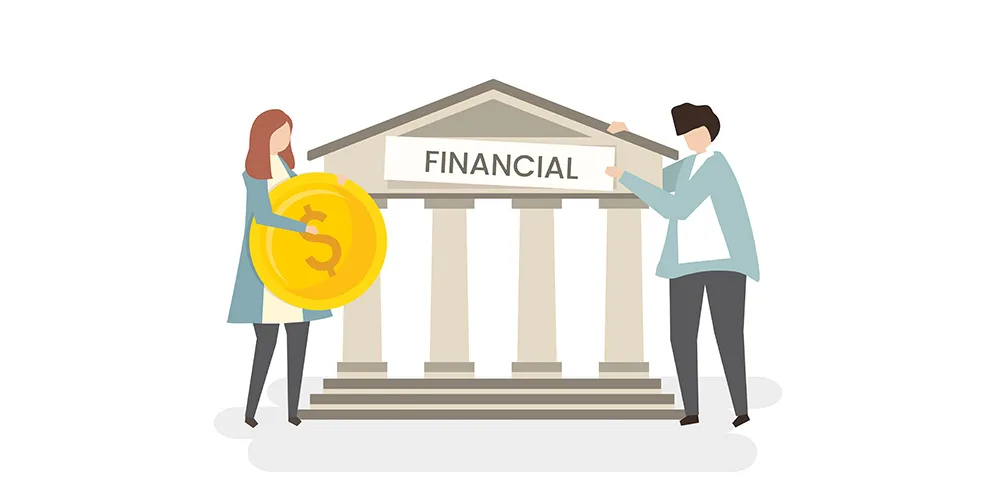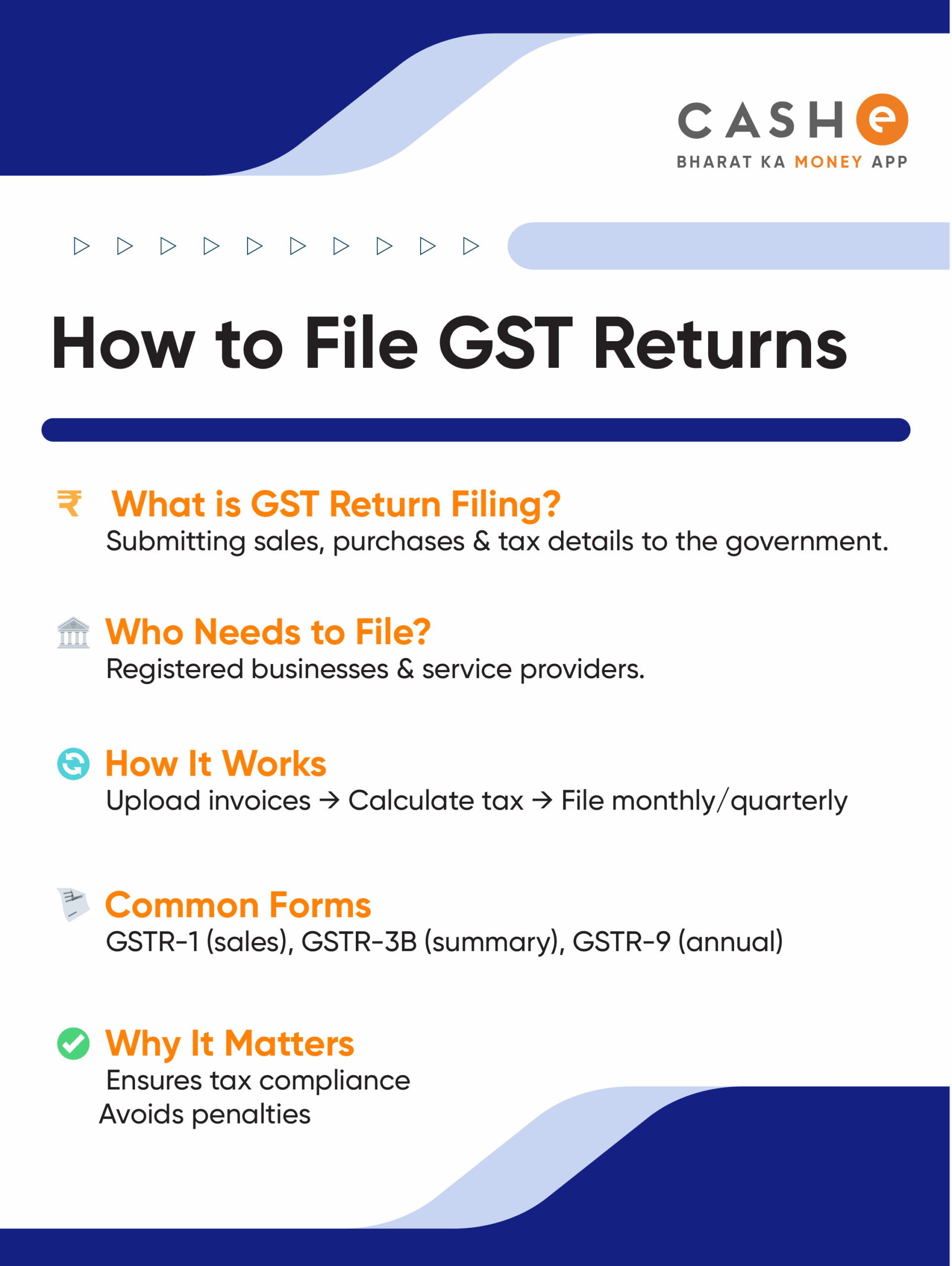When we talk about financial services, we often hear about two types of institutions: NBFCs (Non-Banking Financial Companies) and banks. While both help us manage money, lend us loans and offer other financial products, they are quite different in how they operate.
Banks are larger, offer a wide variety of services and are more established. NBFCs, on the other hand, provide more focused financial services like loans but do not have the same powers as banks.
Let’s understand their features and learn the difference between banks and NBFCs.
What are NBFCs?
NBFCs (Non-banking Financial Companies) are companies that offer financial services similar to banks but with less power. These companies may provide loans, credit and other financial services like insurance and asset management. However, NBFCs do not have the authority to accept deposits like savings accounts or issue cheques. So, they cannot offer the same range of services that banks do. If we describe it in simple terms, then NBFCs focus more on lending money and offering financial products rather than taking care of everyday banking tasks.
But what makes NBFCs stand out is their ability to offer loans to people who may not qualify for a bank loan. If you have a lower credit score or need a loan quickly, NBFCs are a perfect option for you.
Also Read : What is an NBFCWhat are Banks?
Banks are popular and the most preferred financial institutions that offer a wide range of services to individuals and businesses. They handle savings and current accounts, provide loans, issue credit cards and offer a variety of investment services. So, when you think about storing your money, earning interest or applying for a loan, you usually think of a bank.
Banks have a lot of powers that NBFCs don’t like accepting deposits and issuing cheques. They are also fully regulated by the RBI, ensuring your deposits are safe and protected.
Key Differences Between NBFCs and Banks
| Feature | NBFCs | Banks |
|---|---|---|
| Regulation | Regulated by the RBI but do not have a full banking licence | Fully regulated by the RBI with a baking licence |
| Deposit Acceptance | Cannot accept demand deposits like saving accounts | Can accept demand deposits and issue cheques |
| Loan Issuance | Can give loans, but interest rates may be higher | Offers loans at lower interest rates |
| Services Offered | Loans, credit, insurance and asset management | Loans, savings accounts, deposits, payment services and more |
| Safety of Deposits | Not fully guaranteed by the government | Deposits are safe as they are insured under the DICGC scheme |
| Scope of Operations | Focus on specific services | Offer a wide variety of services to everyone |
| Customers | Focused on niche markets | Serve a broader customer base |

Advantages of Choosing NBFCs Over Banks
Choosing NBFCs over banks can make for a great choice depending on what you are looking for. So, here are some reasons why you may wish to go with an NBFC:
- Faster Loan Processing: NBFCs can often approve loans quicker than banks. So, if you need money urgently, NBFCs can be a good option.
- Flexible Loan Criteria: NBFCs are generally more flexible in terms of eligibility for loans, so you may have a better chance of getting approved even if you do not have a perfect credit score.
- Specialised Loans: NBFCs often offer loans for specific purposes like travel, education or home renovation. This makes them a great option if you need a loan for a particular reason.
- Easy Documentation: The paperwork and documentation required for loans in NBFCs can be simpler than what banks ask for.
Which One Should You Choose?
Now that you know the basics about NBFCs and banks, how do you decide which one to choose? Well, it is very simple!
Both banks and NBFCs have their pros and cons and the choice between the two depends on your individual needs. If you need a quick loan, NBFCs could be the way to go, especially if you do not meet the strict requirements banks have. But, if you want to save your money in a secure place or need a full range of financial services, banks are the better option.
Conclusion
When choosing between NBFCs and banks, think about your financial needs and then pick the one that works best for you.
If you are looking for a smaller personal loan of up to ₹3 lakh for travel, education, home renovation or personal needs, then CASHe is here to help you. Download the CASHe app and avail competitive interest rates. Apply for the loan today and get the amount disbursed into your bank account instantly.










